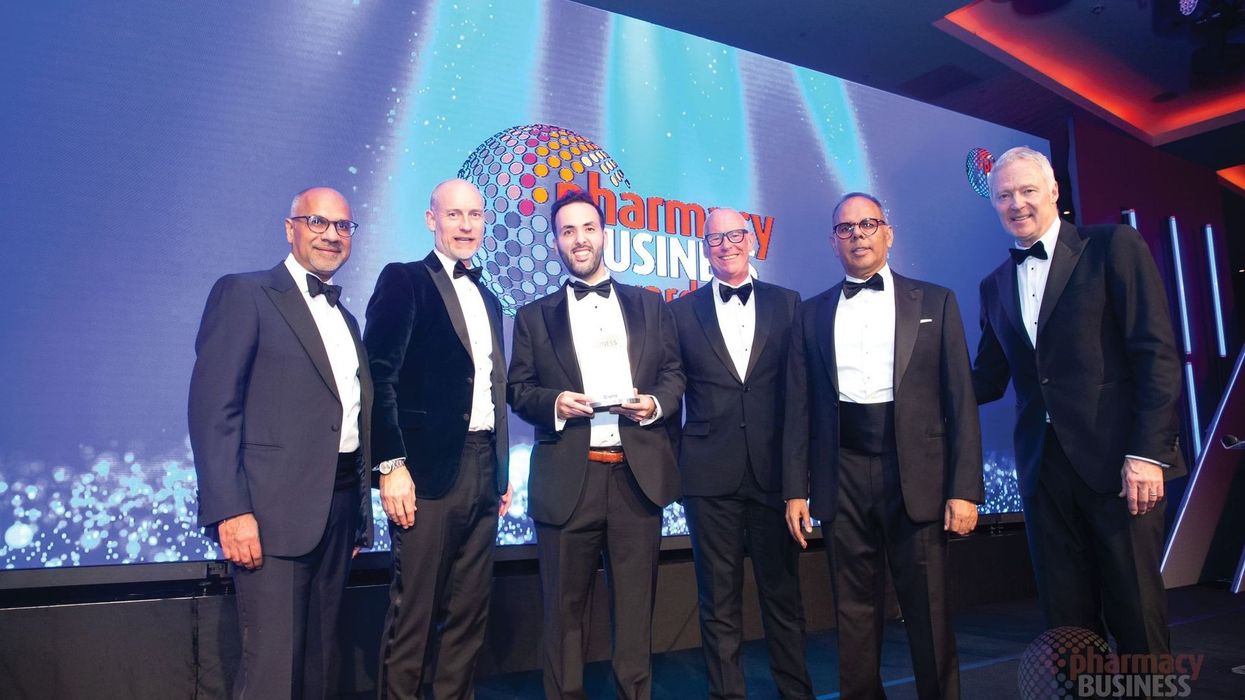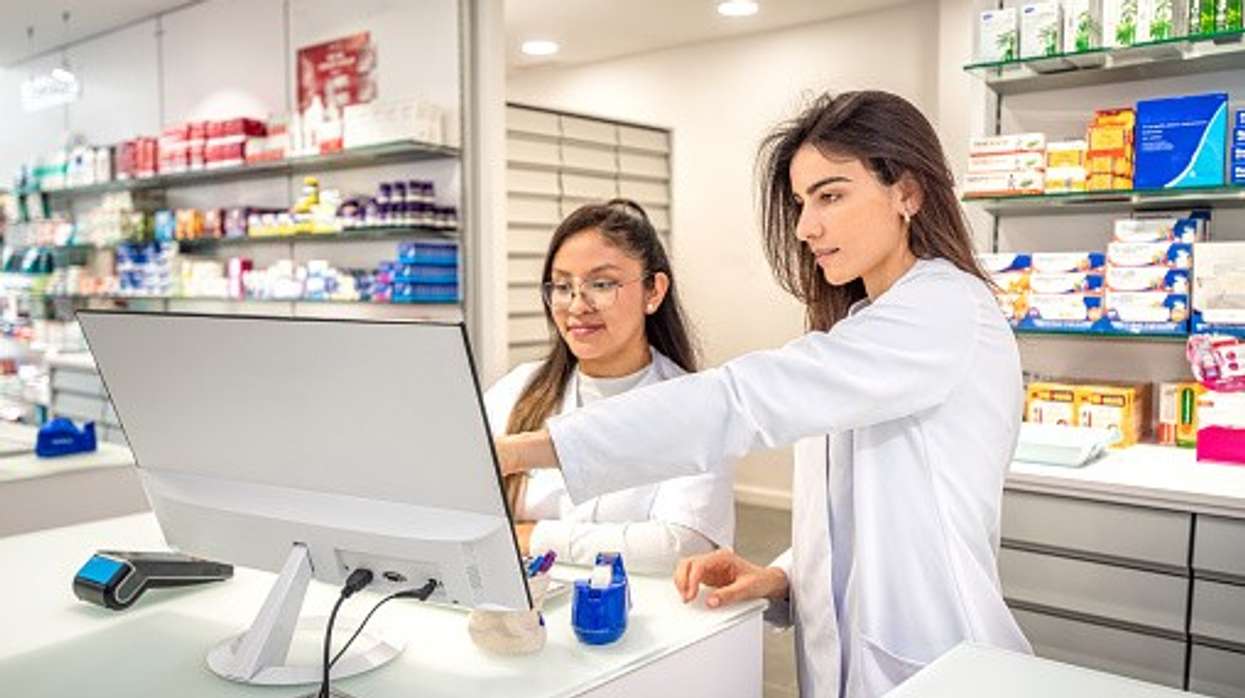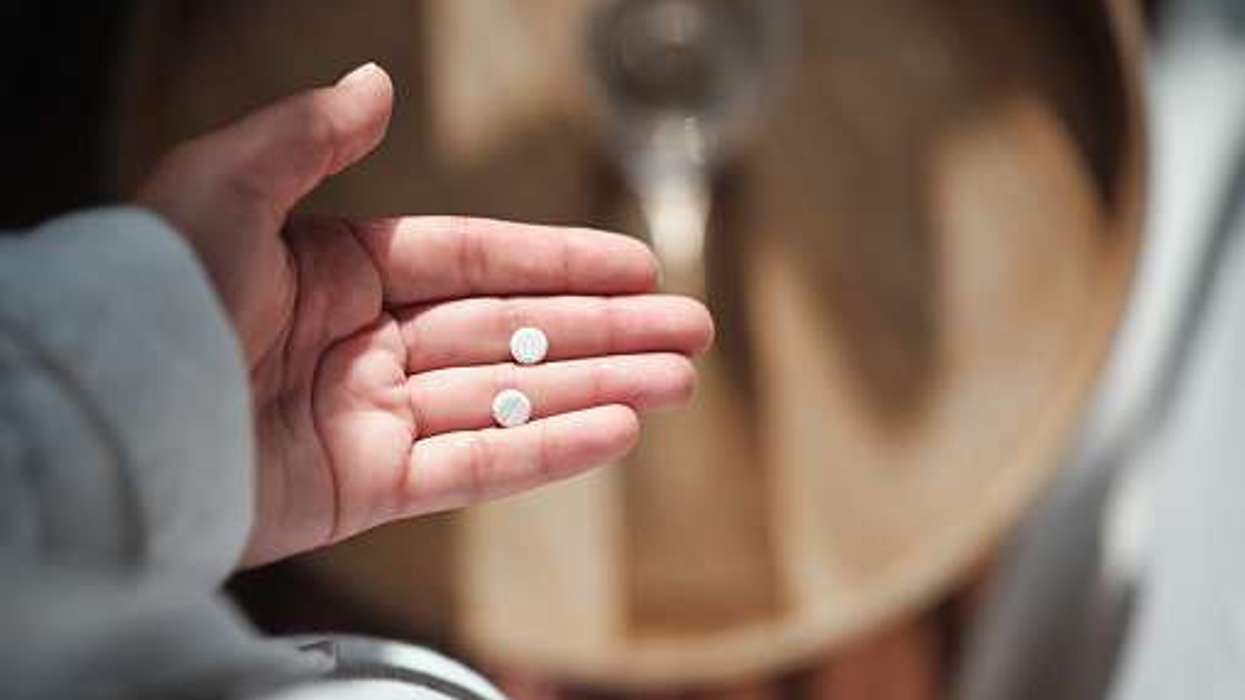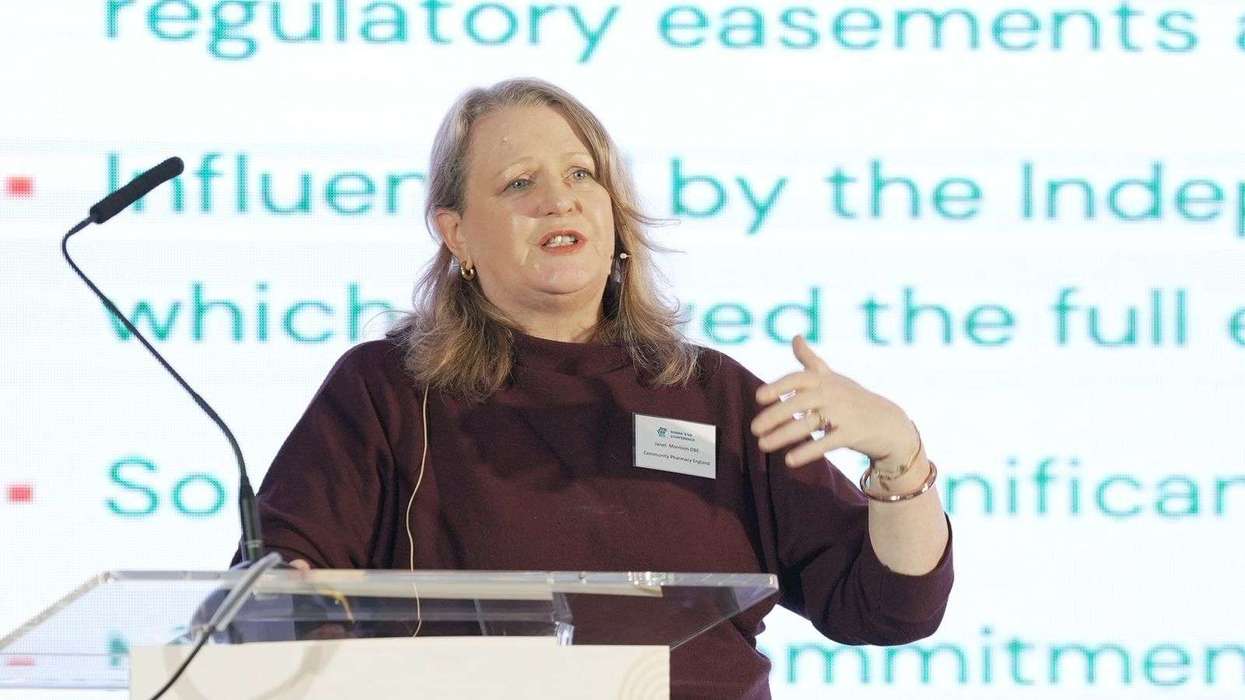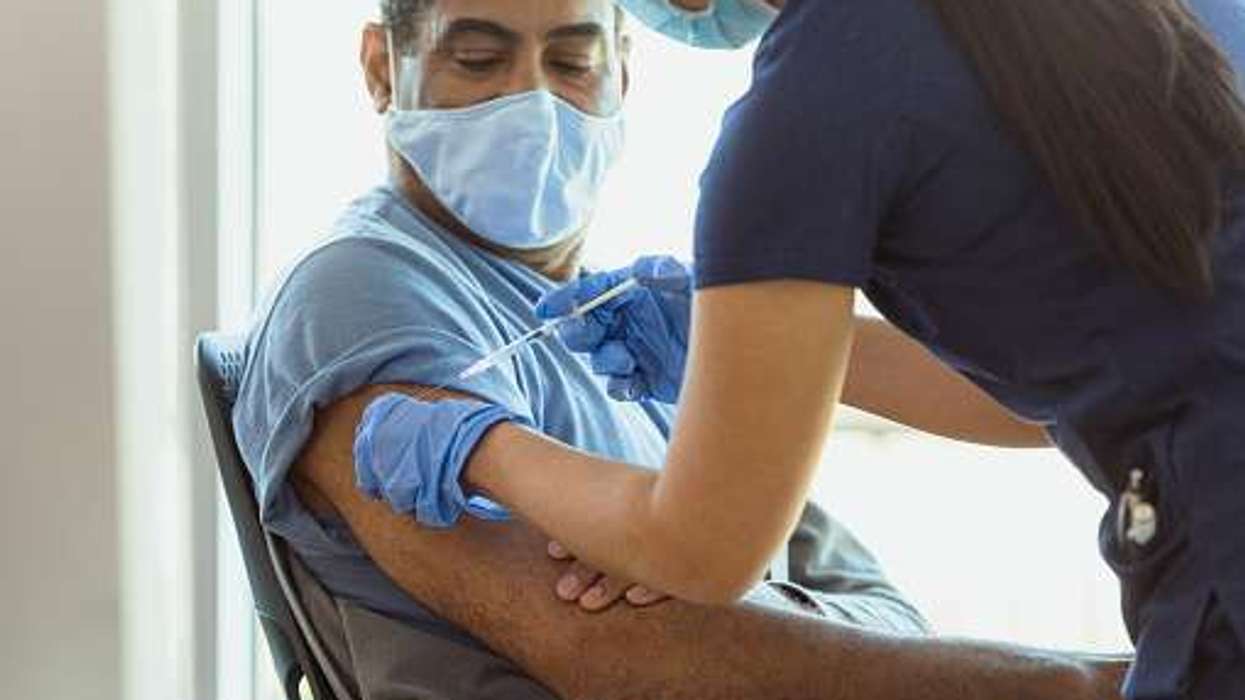When Medihub Pharmacy relocated to a bigger business unit, owner Emjad Dubaissi saw it as an opportunity to expand his services which ultimately led to him winning the Pharmacy Business Development Award.
Emjad Dubaissi bought his first pharmacy just five years ago but very early on he realised the foundation to his business succeeding would be to “continually evolve in the service landscape”.
His Medihub Pharmacy, in Pontarddulais, Swansea runs a wide range of both NHS and private services.
Dubaissi tells Pharmacy Business, that the catalyst for the expansion of clinical services in community pharmacy came in 2018 when Wales began implementing pilot sites for community pharmacy independent prescribing (PIP) services.
“We were early adopters of the service and it generates additional revenue for the business,” said Dubaissi.
“It opened us to the landscape of all the services that are available and in demand in the locality. That’s really been the main learning over the last five years - adopting clinical services and professional development very early on in order to meet the local service needs of our community.”
Among the well-known services Medihub Pharmacy runs includes, travel clinic, vaccinations, weight management, smoking cessation, and earwax removal.
They have also expanded to more unique services such as an aesthetic clinic for face and body rejuvenation, hair loss treatment and care home services.
Dubaissi is a partner at the local GP service which he admits gave him an insight into how to run services at his pharmacy.
“Independent prescribing is very different to how something like Pharmacy First works in England. Patients directly access the pharmacy - they bypass GP practice, and they go straight to pharmacy to book appointments,” said Dubaissi.
“All our appointments are available online. We initially telephone triage, something I picked up from the GP practice in order to sieve out the patients that can't be dealt with in the pharmacy.
“We offer a 10-minute telephone call with a pharmacist. They'll take a basic history, and if they can help, if it comes under their scope of service, then they'll see them in person. If not, they signpost them back.”
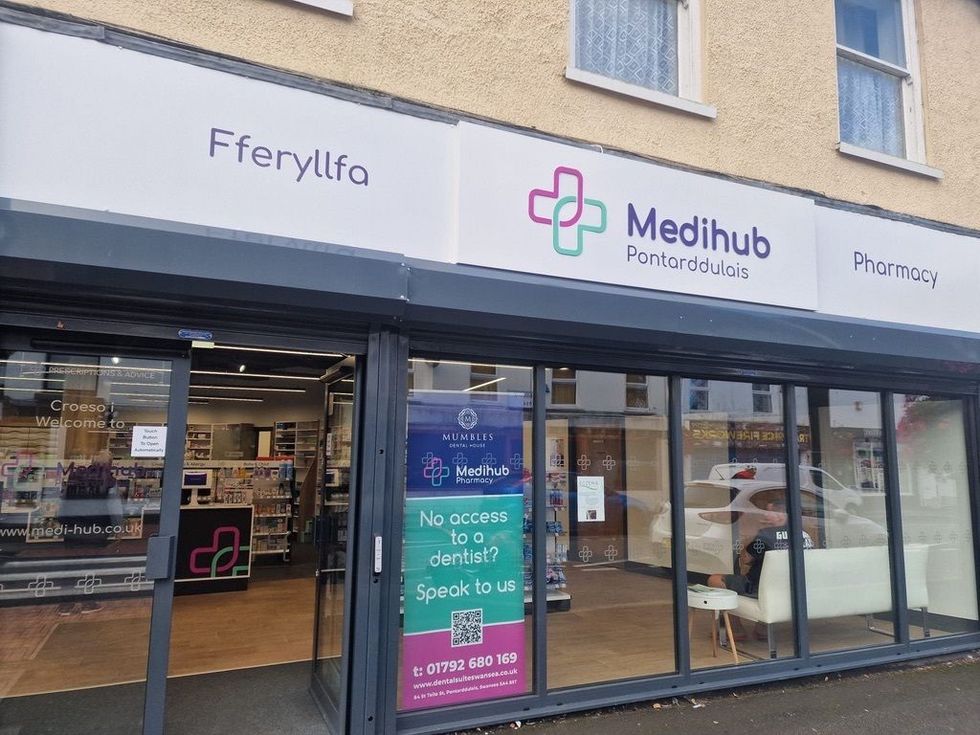
Medihub currently sees 20-25 patients on an average day under independent prescribing and common ailments.
“There's two levels of services in Wales, the common ailments being a Patient Group Direction (PGD), similar to Pharmacy first. And the independent prescribing scheme which is for minor illnesses,” said Dubaissi.
“In terms of what we prescribe for, it’s quite a wide rage - from respiratory infections to UTIs to minor skin infections to gout, ear infections.
“We treat things like thrush through common ailments, but if there's an exclusion in the PGDs, we can then treat that under independent prescribing.”
Medihub now has a 50-50 mix private and NHS services. As a result of their relationship with the local GP practice, they get direct referrals from the surgery to reduce their workload.
Dubaissi explains that patients now avoid going to the GP because they know that they can go to Medihub for minor ailments.
“Every day are appointment diary is pretty much full and that’s down to the trust that has been built up between the GP, our pharmacy and the patients,” said Dubaissi.
When asked why this partnership isn’t replicated in England, he said: “GPs don't trust the service smf there's political issues around passing of the service and the money going into community pharmacy. That's not how it works.
“In Wales, they come straight to us, and that's how it should be. Why are you trying to create extra workload to your GP practice when patients should just come straight to the pharmacy.
“Community pharmacies are supported a lot more in Wales. The Welsh Government recognise the importance of community pharmacies in the healthcare system. I think that's probably lacking in England.”
Dubaissi reveals that the expansion of services has allowed him to hire more qualified and experienced staff.
Whilst he runs the independent prescribing service after completing the course at Cardiff University, as well as a minor illness course, he has two other pharmacists who are also independent prescribers.
“Both my pharmacists have been on the same training. One of them has worked in primary care before with the NHS, GP, community pharmacy, and has university teaching experience. It's quite a range of experiences that he's brought back into the community,” said Dubaissi.
“By introducing these services, it has made it a lot easier to recruit skilled pharmacists. A standard dispensing pharmacy would not be able to recruit a good workforce, in my opinion.
“We've made our pharmacy quite attractive by introducing the independent prescribing services early on.”
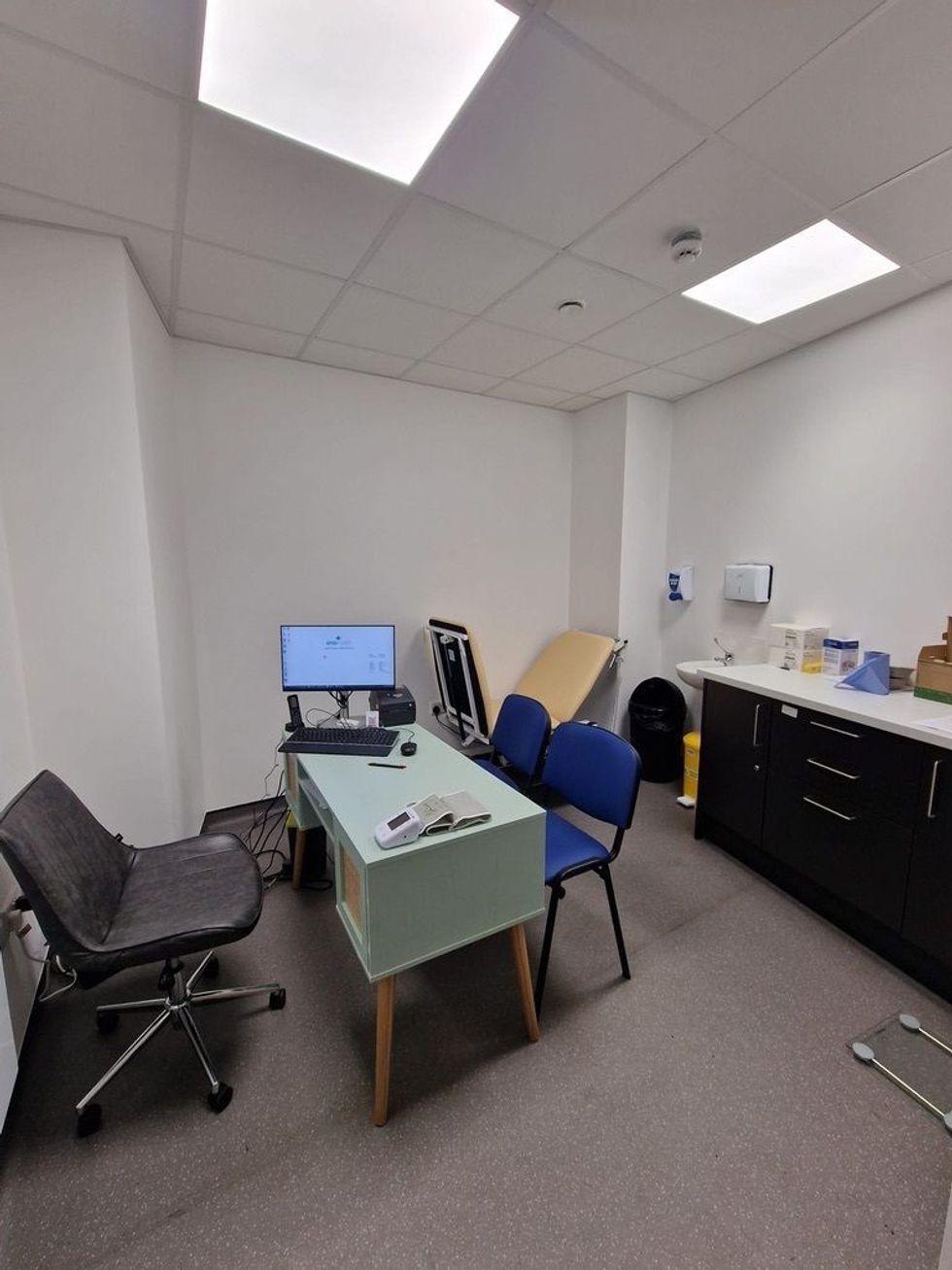
Medihub has a team that consists of nine full-time and seven part-time members of staff, with three independent prescribers.
From September 2026, all newly qualified pharmacists in England will be independent prescribers on the day of their registration.
This will present an opportunity for NHS England to commission clinical services from community pharmacies incorporating independent prescribing, as the new workforce enters the profession.
“I anticipate this will lead to massive changes in the skill of the workforce, it will allow us to continue to offer the service without disruption,” said Dubaissi.
“If my pharmacist goes off on leave, it's been quite hard to find a locum pharmacist prescriber. But this year, I've managed to find a locum and that's purely because there's more available.
“The other thing is, it will massively change supply and demand and rates. Independent prescribers are more expensive at the moment because then there's not as many of them, when there's more of them, it will probably have an impact on rates.
“From a from a business perspective, it'll provide us more availability to offer continuity, more reasonable cost to allow the service to actually generate profit at the same time it gives continuity to patients.”
Dubaissi urged all pharmacies to take advantage of the funding that’s been given to embrace clinical services and independent prescribing.
“The difficulty in Wales they're trying to push all the change towards services, but not enough pharmacies are making that change,” he said.
“When the government put £100 million towards independent prescribing, for example, and only £30 million was used because not enough pharmacies are taking up the services. It's hard to grow the argument that we need more money when the money's not being spent which is a similar case with Pharmacy First.
“We have that issue with the dated pharmacies and pharmacy owners who don't want to change.”
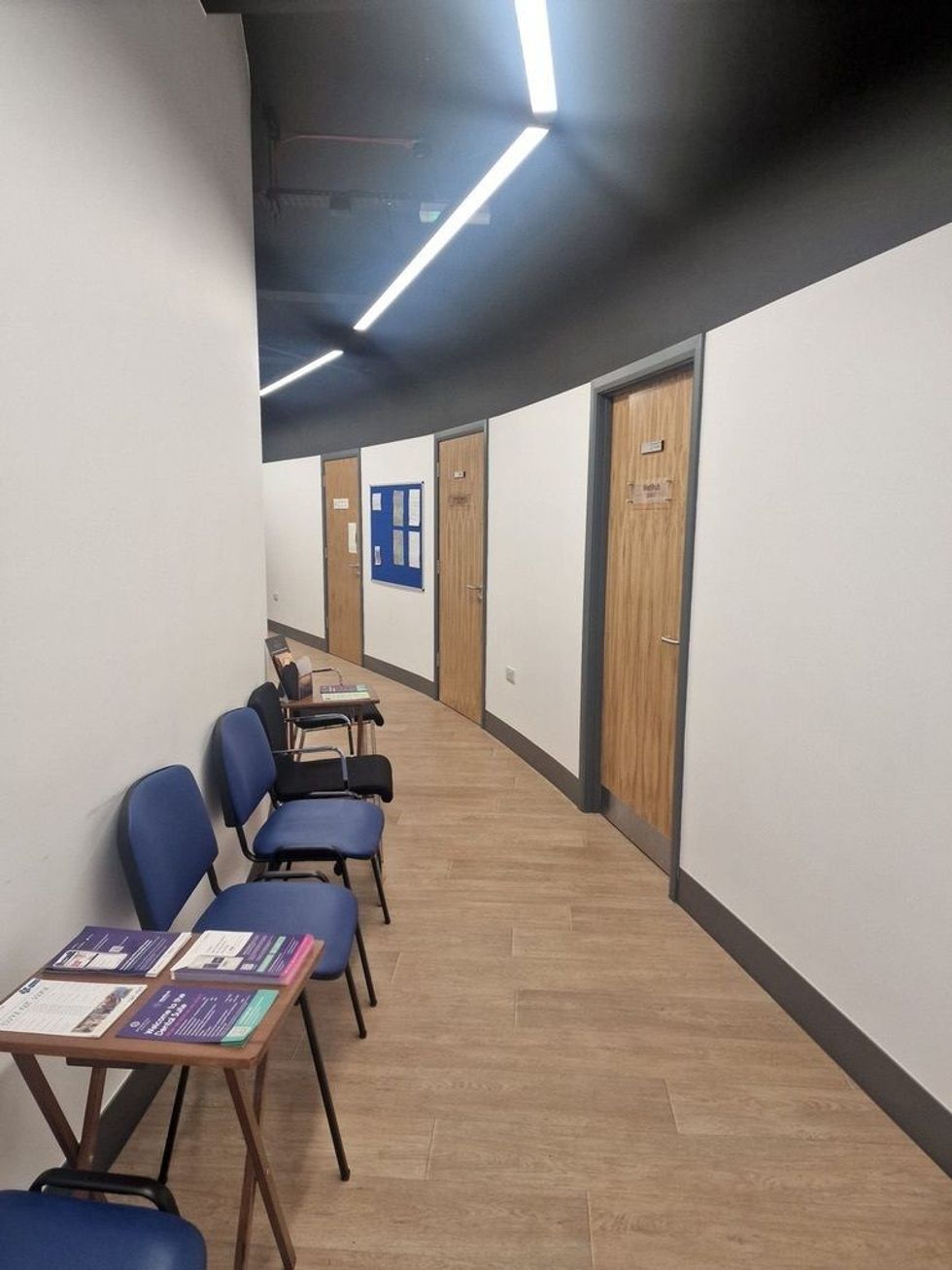
Last year, Medihub moved into a bigger business unit and Dubaissi saw this as an opportunity to use his entrepreneurial skills to develop is business.
He redeveloped an empty commercial property and we repurposed it into a small health centre which he says looks like a GP practice rather than a pharmacy with its multiple consultation rooms and separate waiting area.
After launching a hygiene only service last year, Dubaissi has used the new space to open a full dental practice.
“It's partnered with a dentist who owns another dental practice. I explained that we've got the space, and we're absorbing the costs of the space, all you need to do is put in your equipment and we will give you the space and the patients - we went into a partnership, as opposed to a rental.
“It's been running for the last six weeks with really good uptake as a private owner service, not NHS contract.”
Dubaissi urged pharmacists to be innovative with how they develop their businesses rather than continuing to rely on dispensing of medicine.
“If you've got a good patient base and you have the space, there’s no reason why you can't bring in other clinical services under the roof,” he said.
“As soon as you have a good database of patients, you've got good capability to cross-sell your services.
“We have about two-and-half thousand patients on our email marketing database. When we set up our dental service, we heavily marketed it through our existing patient base. It's trying to utilise all our avenues that are available to grow the businesses.”








